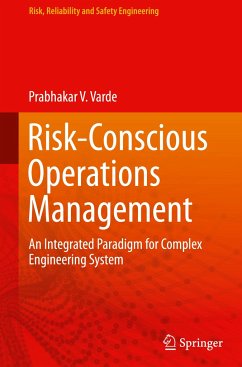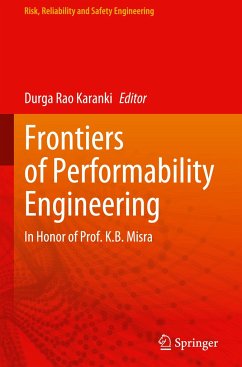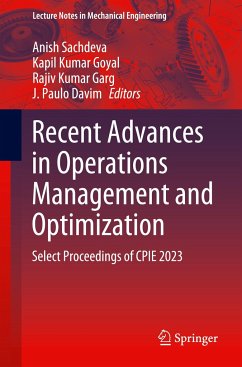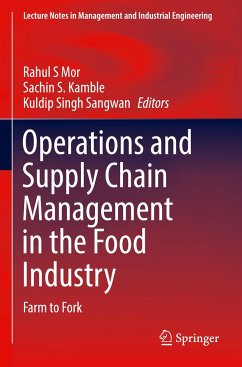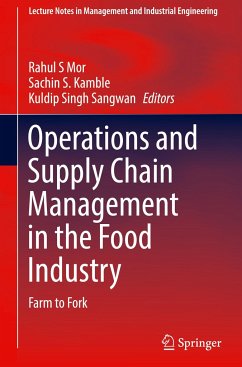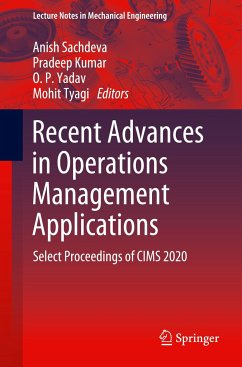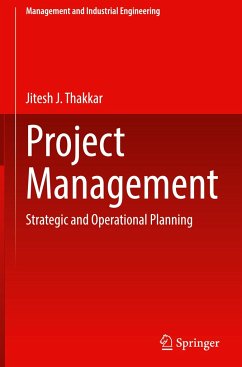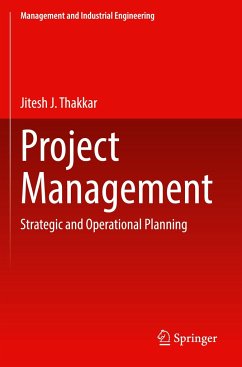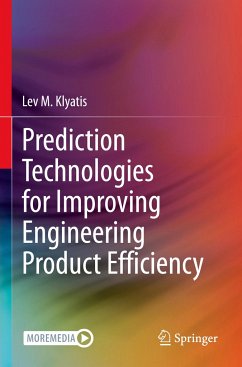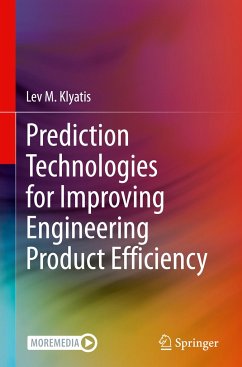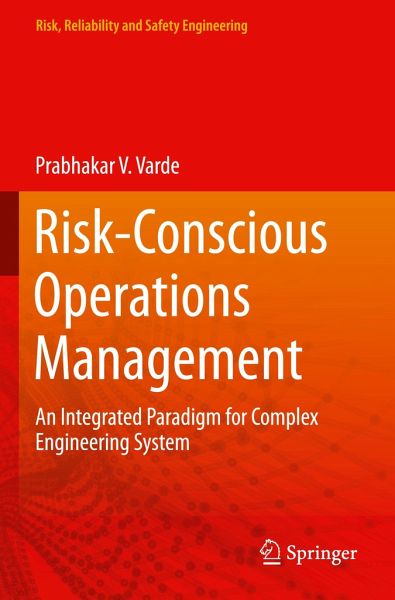
Risk-Conscious Operations Management
An Integrated Paradigm for Complex Engineering System
Versandkostenfrei!
Versandfertig in 6-10 Tagen
136,99 €
inkl. MwSt.
Weitere Ausgaben:

PAYBACK Punkte
68 °P sammeln!
This book presents various concepts and applications related to risk-conscious operations management. It also provides an overview of the risk-based engineering - fundamental to the concept of risk-conscious operations management. It presents the reliability concept to support Dependency Modelling, which includes hardware systems structures and components for reliability improvement and risk reduction. The book further develops and builds attributes and model for risk-conscious culture - critical to characterize operational approach to risk and presents human factor modelling, where it works o...
This book presents various concepts and applications related to risk-conscious operations management. It also provides an overview of the risk-based engineering - fundamental to the concept of risk-conscious operations management. It presents the reliability concept to support Dependency Modelling, which includes hardware systems structures and components for reliability improvement and risk reduction. The book further develops and builds attributes and model for risk-conscious culture - critical to characterize operational approach to risk and presents human factor modelling, where it works on developing an approach for human error precursor analysis. This book will be useful for students, researchers, academicians and professionals working on identifying risk and reliability issues in complex safety and mission critical systems. It will also be beneficial for industry risk-and-reliability experts and operational safety staff working in the complex engineering systems.





